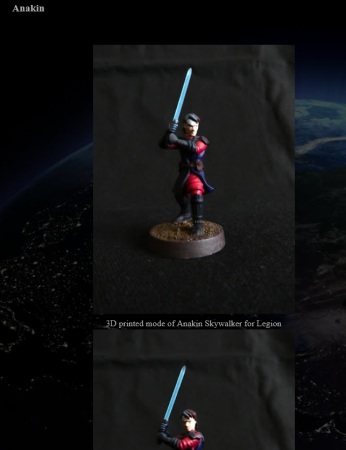
This little-known 1964 movie is the sequel to 1960's Village of the Damned.
As the movie begins, psychologist Dr. Tom Llewellyn (played by Ian Hendry, one of the original Avengers) and geneticist Dr. David Neville (played by Alan Badel) discover that super-intelligent child Paul (played by Clive Powell) is only one of six super-intelligent children recently discovered around the world. The U.N. has brought the children from Russia, China, the USA, Nigeria, and India to London for further study.
Just as the scientists, working for the United Nations, learn that the children can control the actions of other people, as well as communicate with one another telepathically… sinister Colin Webster (played by Alfred Burke, also known as a Hogwarts professor) from British Intelligence intervenes.
Paul evades the British agents, unites the mysterious children, and they take refuge in an abandoned church. They are joined by a dog and Paul's mind-controlled aunt, Susan Eliot (played by Barbara Ferris).
Who or what are these children, and what do they want? Will the world governments allow the children to unite, or force them back to their native countries? What are these strange children capable of?
In comparison to the first movie, this time the children are not identical in appearance, and seem more child-like (though still lacking in emotion). The children exert greater control over certain adults than in the original movie. Paul seldom speaks, usually using Susan to convey his messages (but doesn't have the creepy dubbed voice of the original movie).
Clive Powell is the only actor who appears in both this movie and the original. He played the infant David in a few scenes in Village of the Damned, and then Paul in Children of the Damned.
At the end of the original movie, there's an animated series of 'eyes' escaping from the fire. Are the children in the second movie the same as the first, re-born? That question is left unanswered in this movie, along with a lot of other questions.
Like the original movie, this one is well made, sustains interest, and moves briskly. The interaction between Llewellyn, Neville and Webster is both entertaining and a rare example in science-fiction films of a moral debate over what to do. Barbara Ferris also does well in the role of loving but victimized Susan, captive of the children.
Due to the subject matter (and a dog!), probably not a good one to show to young children.
I had a few problems with this movie. It's hard for the children to both be emotionless killers and victims of international intrigue, but that's the line the movie tries to walk. If the children are so good at mind control, why do they need to invent super-weapons? There are some new revelations in this movie, but no resolution of anything, and the ending is mystical and cataclysmic but unsatisfying.
One annoyance is Dr. Neville's attitude toward unwed mothers – even in 1964, that's not cool or funny.
I had the DVD version with the screenwriter's commentary, which makes clear his intention to make the movie a parable of the nuclear arms race, which somewhat explains the cataclymic ending. Which I still dislike.
Can you game it? Probably not, but the children this time make it harder to kill them by taking shelter in the middle of London! Gamers may enjoy seeing British Army armored cars and equipment from 1964.
I enjoyed the movie, but not the ending. Still worth watching.








